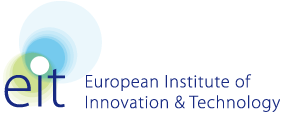 The European Commission, Information Society and Media DG, has published a call for tenders regarding ICT concepts for optimisation of mobility in smart cities.
The European Commission, Information Society and Media DG, has published a call for tenders regarding ICT concepts for optimisation of mobility in smart cities.
The study will assess the impact of urban policy objectives on the need for research and innovation in Information and Communication Technologies (ICT) in the area of transport. ICT-based mobility services for goods in urban and inter-urban environments should also be taken into account.
Duration must not exceed 6 months
The total price quoted cannot exceed €200,000
Deadlines: Request for Information 21 July 2011 and Submission 29 July 2011
Not yet signed up to UKRO? It takes only a few minutes – read more on our blogpost





























 Read and sign up to BU’s Policy Influence Digest
Read and sign up to BU’s Policy Influence Digest Upcoming opportunities for PGRs – collaborate externally
Upcoming opportunities for PGRs – collaborate externally BU involved in new MRF dissemination grant
BU involved in new MRF dissemination grant New COVID-19 publication
New COVID-19 publication MSCA Postdoctoral Fellowships 2024
MSCA Postdoctoral Fellowships 2024 Horizon Europe News – December 2023
Horizon Europe News – December 2023